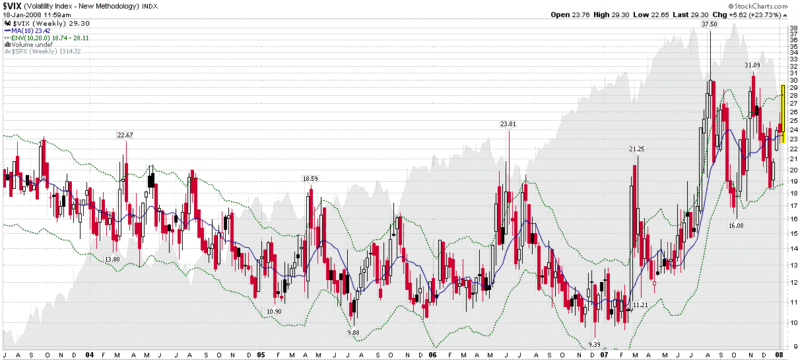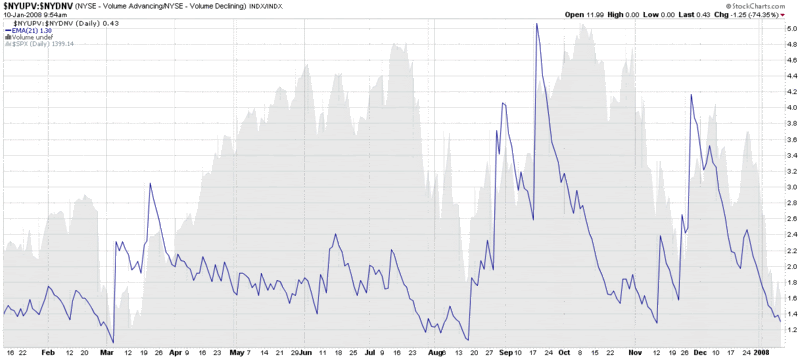3 Things REIT Investors Should Know Following the Recent SellOff_1
Post on: 9 Сентябрь, 2015 No Comment

Published February 13, 2015
advertisement
Along with their 3%-plus dividend yields, real estate investment trusts, also known as REITs, are a favorite among income investors because of their lack of volatility. This makes the 4%, or worse, decline in stock prices for many REITs last Friday all the more confusing.
However, before any rash decisions are made about selling or buying, let’s take a quick look at what is actually going on in the industry.
1. Labor market improved
The January jobs report came out last Friday, and according to the Bureau of Labor Statistics, After accounting for the annual adjustments to the population controls, the civilian labor force rose by 703,000 in January. Unlike a decline in the unemployment rate, which can be misleading, a larger labor force means more people have jobs.
Although this is partially good news, because many REITs perform best in a strong economy, it also means we are one step closer to the U.S. Federal Reserve increasing short-term interest rates. Since REITs borrow to make their investments, rising rates would mean higher borrowing costs.
However, when the Federal Reserve increased short-term interest rates (the federal funds rate) from 1% in 2004 to slightly more than 5% in 2007, REITs performed well as an industry.
Because a REIT pays out 90% of its income to shareholders, the strong dividend growth between 2004 and 2007 suggests that earnings were improving and that REITs can perform well as a sector despite higher borrowing costs.
2. 10-year Treasury rates rose
After falling steadily in January, the rate on 10-year Treasury bonds increased from 1.68% to 1.95% during the first week of February. Since these bonds offer a nearly risk-free return, when the 10-year rate rises, REIT’s stock prices will fall, which increases yield and better compensates investors for their risk.
The opposite happens when interest rates fall. REITs will rise in price, and their yields will decrease. In fact, with interest rates falling near to historic lows in the past year, the yield on many REITs is also historically low. Essentially, this makes many REITs look a bit pricey even after the Feb. 6 sell-off.
The major concern is that there will be a repeat of 2013, when interest rates rose a full percentage point and REITs saw their stock prices fall 10% or more nearly across the board.
While interest rates do pose a serious risk, buying and selling in an attempt to time interest rates is hardly a science. For instance, interest rates were widely predicted to rise in 2014; any investor that sold would have missed out on another incredible run. In my opinion, the best thing to do is think long term and know that the rising and falling of rates will, more or less, even out over time.
3. Other than that, business as usual
Both Realty Income and National Retail Properties fell more than 4% last Friday, so they will make for good examples.

Despite the changes in their stock prices, both companies still have strong management teams, they still own thousands of high-quality retail properties that are leased to reliable tenants, and their occupancy rates are as solid as they have ever been. All said, what is most important to their operations is still very much intact.
So, what do I do now?
When an entire sector dips and there is nothing fundamentally wrong with the companies that compose it, it is normally grounds to consider buying. But I don’t think that’s the case now. REITs have absolutely been on fire during the past six years, and while valuations are reasonable in some cases, they are not especially attractive.
With that in mind, I would suggest that investors do what is often the most difficult thing: Do nothing. That’s right, just hold and hope the rally lasts for as long as it can, and when REITs do eventually falter, whether because rising rates chip away at their stock prices, or a weaker economy strains earnings, investors should grab the opportunity to pick up shares at more enticing valuations.
Dave Koppenheffer has no position in any stocks mentioned. The Motley Fool has no position in any of the stocks mentioned. Try any of our Foolish newsletter services free for 30 days. We Fools may not all hold the same opinions, but we all believe that considering a diverse range of insights makes us better investors. The Motley Fool has a disclosure policy .
Copyright 1995 — 2015 The Motley Fool, LLC. All rights reserved. The Motley Fool has a disclosure policy .
www.foxbusiness.com/investing/2015/02/13/3-things-reit-investors-should-know-following-recent-sell-off/
Quotes delayed at least 15 minutes. Market Data provided by Interactive Data (Terms & Conditions). Powered and implemented by Interactive Data Managed Solutions. Company fundamental data provided by Morningstar. Earnings estimates data provided by Zacks. Mutual fund and ETF data provided by Lipper. Economic data provided by Econoday. Dow Jones & Company Terms & Conditions.
This material may not be published, broadcast, rewritten, or redistributed. 2015 FOX News Network, LLC. All rights reserved. Privacy | Terms














